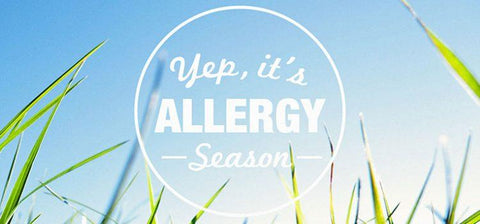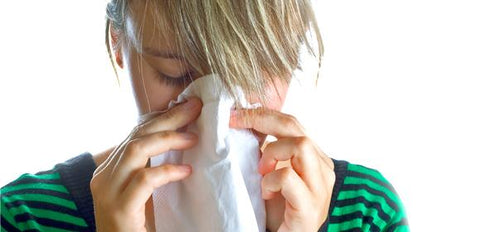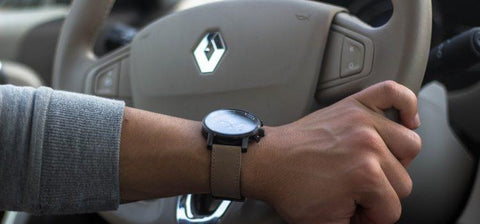It's all too familiar during this time of the year - the incessant sneezing and coughing going in the office, your colleague blowing her nose in the cubicle next to yours, eyes swollen and skin ruddy.
Well, be prepared to hear more of that because it's set to be one of the worst allergy seasons this year!
According to the Bureau of Meteorology, Australia had its seventh wettest July on record this year, and this wet winter is set to give wAccording to the Bureau of Meteorologyay to one of the worst spring hayfever seasons in years.

"This year...people will notice their symptoms and think it is probably the worst season ever," Melbourne University botanist Associate Professor Ed Newbigin told 774 ABC Melbourne's Red Symons.
Approximately one in eight Australians suffer from hayfever, Dr Newbigin said.
University of Western Sydney immunologist Professor Connie Katelaris added that while some people will start to get hayfever in early spring, their symptoms will tend to worsen as the season progressed.
Dr Newbigin and Dr Katelaris attributes the bad hayfever season due to to more grass growth caused by the heavier rains in winter.
The increase in grass growth will release huge amount of pollen, which is going to be blown into Melbourne.
October and November are the peak months for grass pollen in Sydney.
"If you've got symptoms now, you should be dealing with that in a preventative way."
Not sure if you have allergies? Check out the handy infographic below by Clorox.

Okay - the infographic is meant to be cheeky, but you get the picture.
If you have any allergy symptoms such as those below, be sure you're taking the necessary steps to avoid them this year.
Symptoms may include sneezing and runny nose, itchy or watery eyes, and itching of the skin or hives.

Pollen isn't the only thing that causes allergies. It can be caused by pet dander, dust, and even food.



While some allergens can be avoided - such as pollen, pets, and foods - others are not easy to avoid.
Over the counter medication such as antihistamines and nasal spray will certainly help relieve allergy symptoms once you develop them, but like they always say, prevention is the best cure.
As mentioned previously in our post on the Top 5 Spring Survival Tips, you should monitor the pollen count in your area, avoid allergy triggers, and spring clean your home carefully.
If you suffer from allergies all the time, it's best to invest in an air purifier to remove allergens indoors!
Check back with us next where we tackle the top cleaning tips for allergy sufferers.
For now, check out the full infographic "6 Types of Allergies" by KnowyourOTCs below:

Source: knowyourOTCs.org






